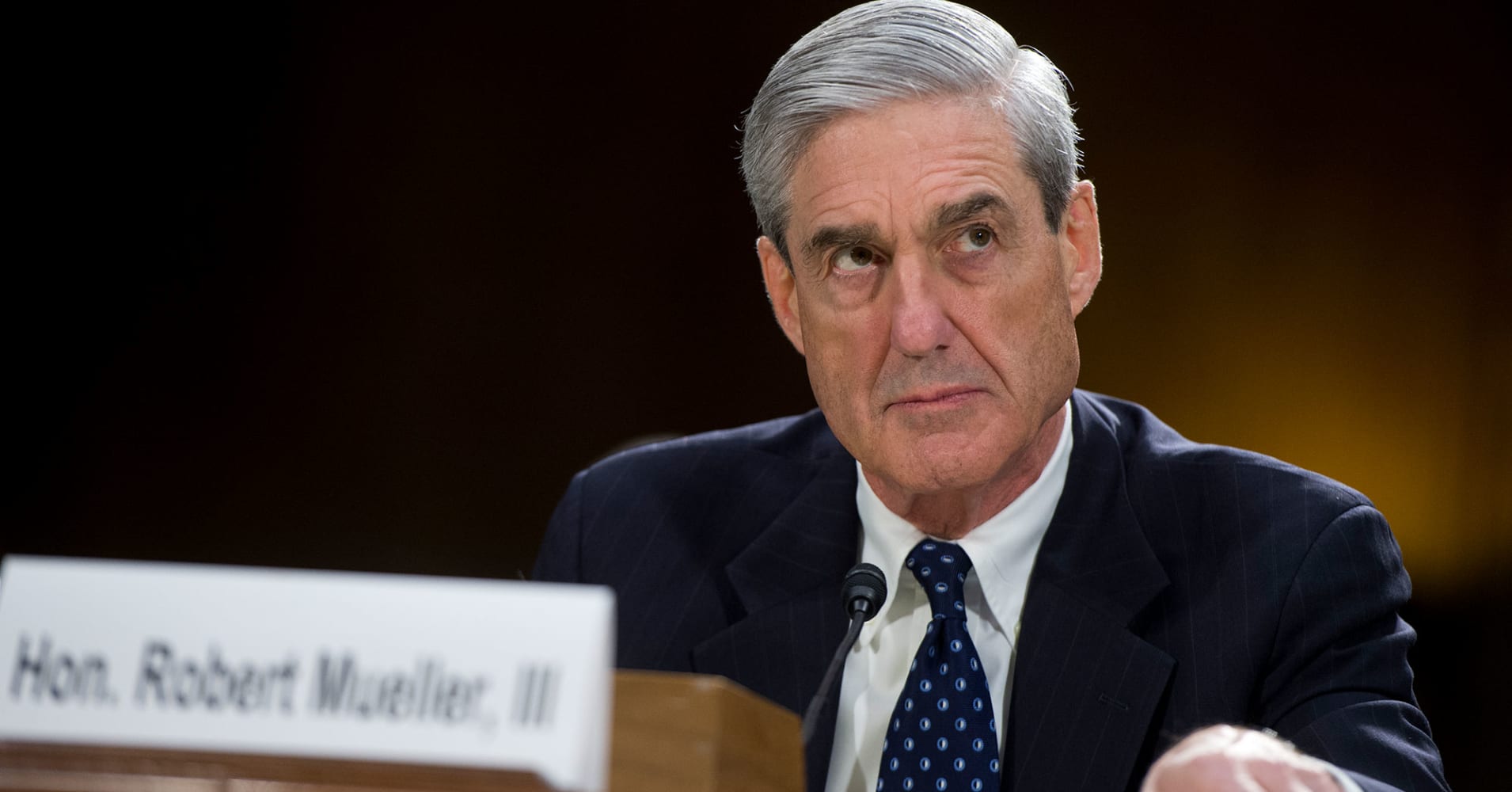
As Democrats clamor for the House of Representatives to take up impeachment proceedings against President Donald Trump when the party takes power next year, the party leadership has a message: Not so fast.
Top Democrats in the chamber, including the likely incoming chairs of the House Intelligence and Judiciary committees, as well as Minority Leader and potential Speaker Nancy Pelosi, have said that talk of impeachment is contingent on new evidence of wrongdoing provided by special counsel Robert Mueller.
The Democratic leadership has also noted that the findings would have to be damning enough to pressure Republicans to join in a bipartisan effort.
But it is far from assured that there will be any public "Mueller report" for Democrats to lean on.
The only related requirement under the Justice Department rules governing Mueller's work is for a "confidential report explaining the prosecution or declination decisions" Mueller makes in the course of his inquiry.
The confidential aspect to the report is not an afterthought. When the Justice Department revamped the rules relating to special prosecutors in the late 1990s, it was largely in response to criticisms leveled against the highly public reports issued by Kenneth Starr, the independent counsel who investigated President Bill Clinton.
In a section-by-section discussion of the special counsel regulations, published in the Federal Register in 1999, the Justice Department said that the "principal source of the problems" with previous independent counsel reports was that they were typically "made public, unlike the closing documentation of any other criminal investigation."
The department found that the requirement led prosecutors to "over-investigate" in order to avoid public backlash for "not having turned over every stone."
The special counsel regulations also call for a report to members of Congress from the attorney general. That report, which will be submitted by acting Attorney General Matt Whitaker unless he is replaced before Mueller finishes his work, is expected to be sparse on detail.
"These reports will be brief notifications, with an outline of the actions and the reasons for them," the Justice Department said in its 1999 report.
The special counsel's office declined to comment for this article.
There are other ways Mueller could make his findings public, but he likely could not do so acting alone.
Legal scholars have floated the possibility that Congress could impose more thorough reporting requirements for special counsels, for instance.
Mueller could also make use of a provision of the law that provides for the impaneling of a special grand jury in certain cases involving "organized criminal activity by an appointed public officer." Under the law, that path would require approval from Whitaker, who has already declared that there was "no collusion" between the Trump team and Russia.
There is one front on which Mueller is largely permitted to release his findings. To date, much of what is known about the inquiry has been revealed in legal documents and via Mueller's prosecutors in federal courtrooms in Washington and Virginia.
In that fashion, Mueller has already provided an unusually large amount of detail about Russian hacking efforts during the 2016 election.
In recent weeks, the special counsel's office has pursued information related to Trump confidante Roger Stone, whose interactions with the anti-secrecy group Wikileaks are under scrutiny. Some close to the president are also worried about Donald Trump Jr., the president's eldest son, the Associated Press reported Thursday. Both men have denied any wrongdoing.
If Mueller uncovers evidence to the contrary, the way he would be able to make it public is through an indictment.
That limitation could be good news for Trump. Justice Department guidelines bar the indictment of a sitting president. Mueller could make a legal argument to get around those rules, but it would likely end up in front of the Supreme Court, which has proved largely deferential in recent years to presidential claims of executive authority.
Trump maintains that the probe is a "witch hunt" and that he has done nothing wrong.
via IFTTT
No comments:
Post a Comment